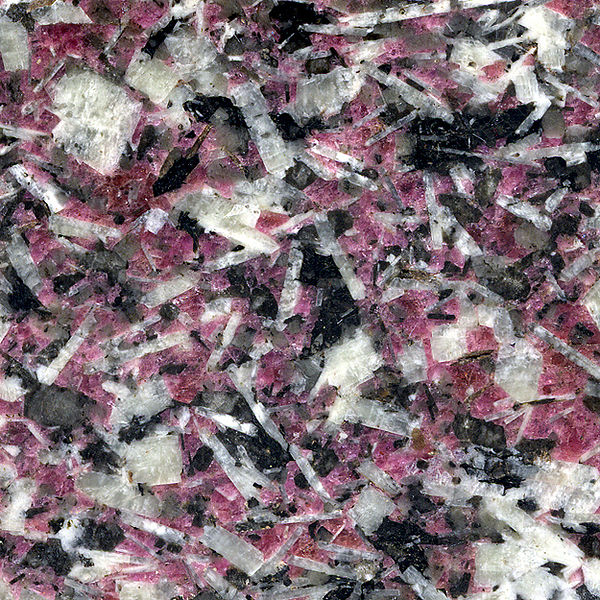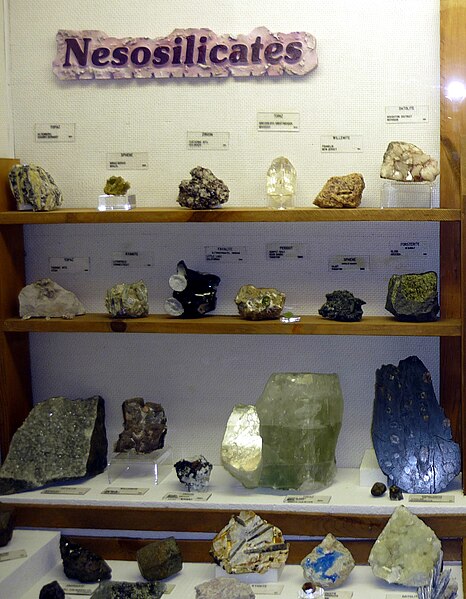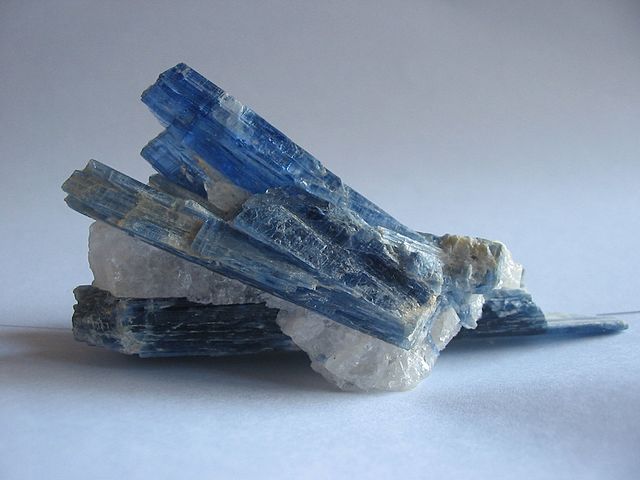Infinite photos and videos for every Wiki article ·
Find something interesting to watch in seconds
Largest Empires
Celebrities
Famous Castles
Wars and Battles
Recovered Treasures
Great Artists
Great Museums
Animals
British Monarchs
Wonders of Nature
Rare Coins
Orders and Medals
Supercars
World Banknotes
History by Country
Presidents
Best Campuses
Countries of the World
Crown Jewels
Sports
Tallest Buildings
Ancient Marvels
Richest US Counties
Great Cities
Largest Palaces
Kings of France
more top lists






